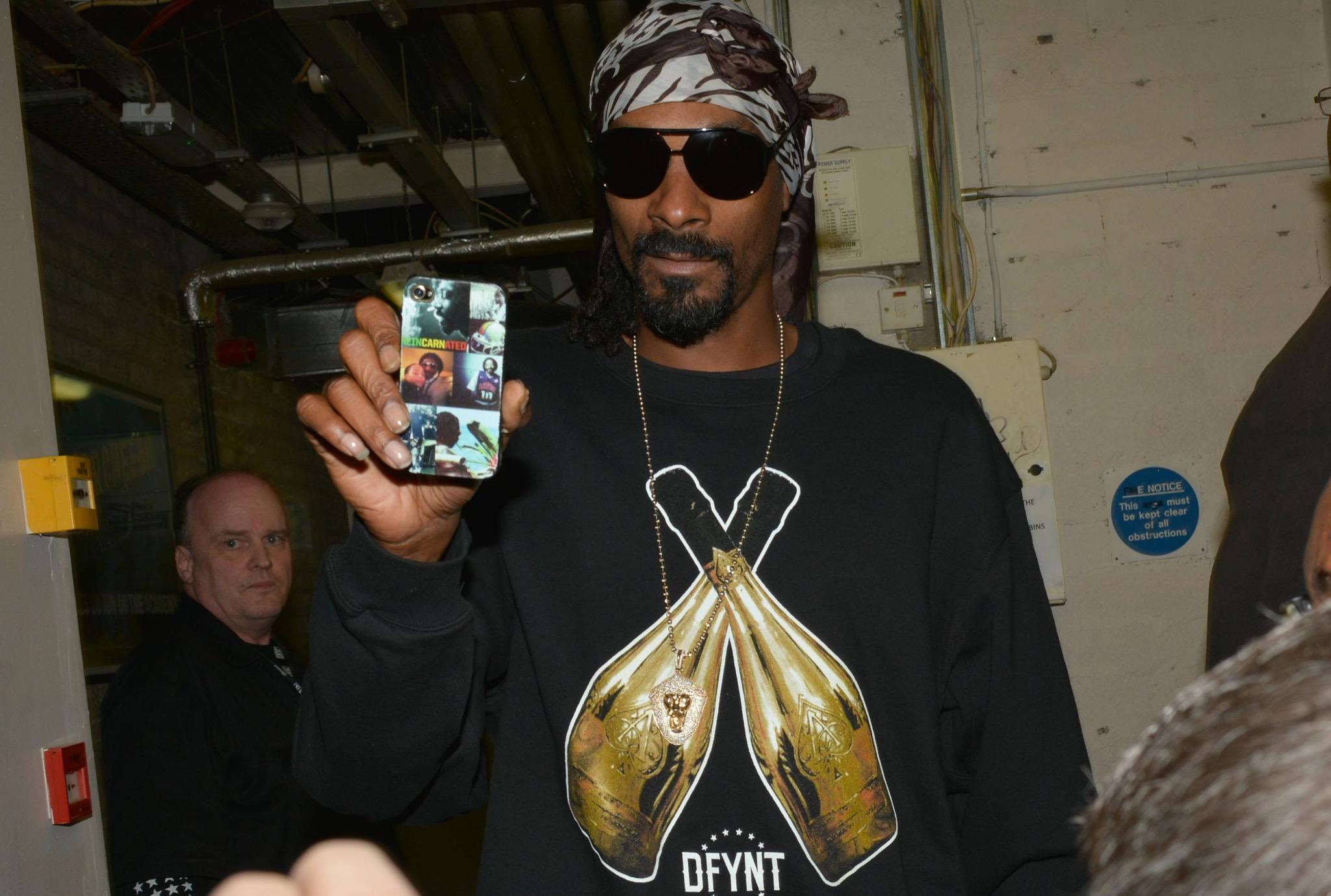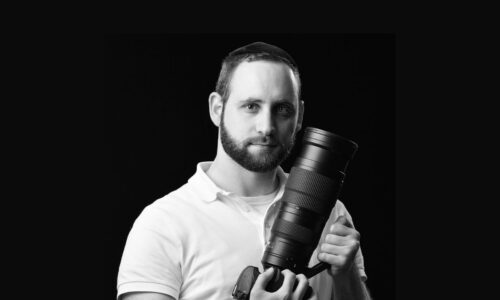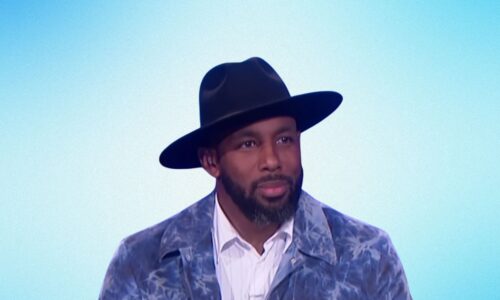According to stats, people are spending the most time ever on social media.
The average person will give a total of five years of their lives fiddling around on social media and it can have all kinds of side effects.
Social media has been known to have all kinds of effects on people.
According to a new study published in The Journal of Depression and Anxiety, negative experiences on social media cause anxiety, sleeplessness, and depression.
https://www.youtube.com/watch?v=HnDtSVES4kg
“We found that positive experiences on social media were not related or only very slightly linked to lower depressive symptoms. However, negative experiences were strongly and consistently associated with higher depressive symptoms.” Lead Author Brian Primack, University of Pittsburgh.
These symptoms were highlighted and dramatic fashion this year, in rappers Cardi B and Nicki Minaj.
Cardi disconnected from the internet for over a month, after mean-spirited people trolled her over her pregnancy and relationship with Migos rapper Offset.
Nicki Minaj disconnected, leaving her fans scratching their heads, wondering where she was.
Nicki would later reveal she also disconnected, so she could focus on recording her upcoming album Queen.
Dr. John Huber is the chairman for Mainstream Mental Health, a nonprofit organization that brings lasting and positive change to the lives of individuals that suffer from mental health issues.
A mental health professional for more than 20 years, Dr. Huber is a clinical forensic psychologist.
Dr. John Huber has appeared on more than 300 top-tier radio shows and 30 national television programs.
He linked up with us to offer up some tips for keeping your brain straight using social media and why you should regularly do a “social media cleanse.”
It Might Help You Sleep Better

“According to the National Sleep Foundation, that blue light your phone screen emits can interfere with your body’s production of melatonin, the hormone responsible for helping you get to sleep. Separating yourself from social media might lead you to spend less time on your phone, which might help you get to sleep faster.”
It Can Force You To Reprioritize In-Person Interactions

“Using social media at the expense of in-person interactions with friends or family can negatively impact relationships and well-being.”
It Might Reduce Your Anxiety

“According to research, excessive social media and technology use is associated with a lot of bad stuff, like high anxiety, low quality of life, and depression.”
It Might Inspire You To Get A Little More Exercise

“Getting out from behind a screen might inspire you to get on your feet a little more. And exercise is associated with a bunch of great things, including decreased anxiety.”
It Can Help You Remember All That Other Stuff You Like To Do

“If you stop dedicating time to one thing, you free up for time for other things. You might prefer to spend your time painting, going to the park, hanging out with friends, volunteering, working out, cooking, or doing a whole range of other things.”
Dr. John Huber is the chairman for Mainstream Mental Health, a nonprofit organization that brings lasting and positive change to the lives of individuals that suffer from mental health issues.
Check out his website: http://www.mainstreamment.com





